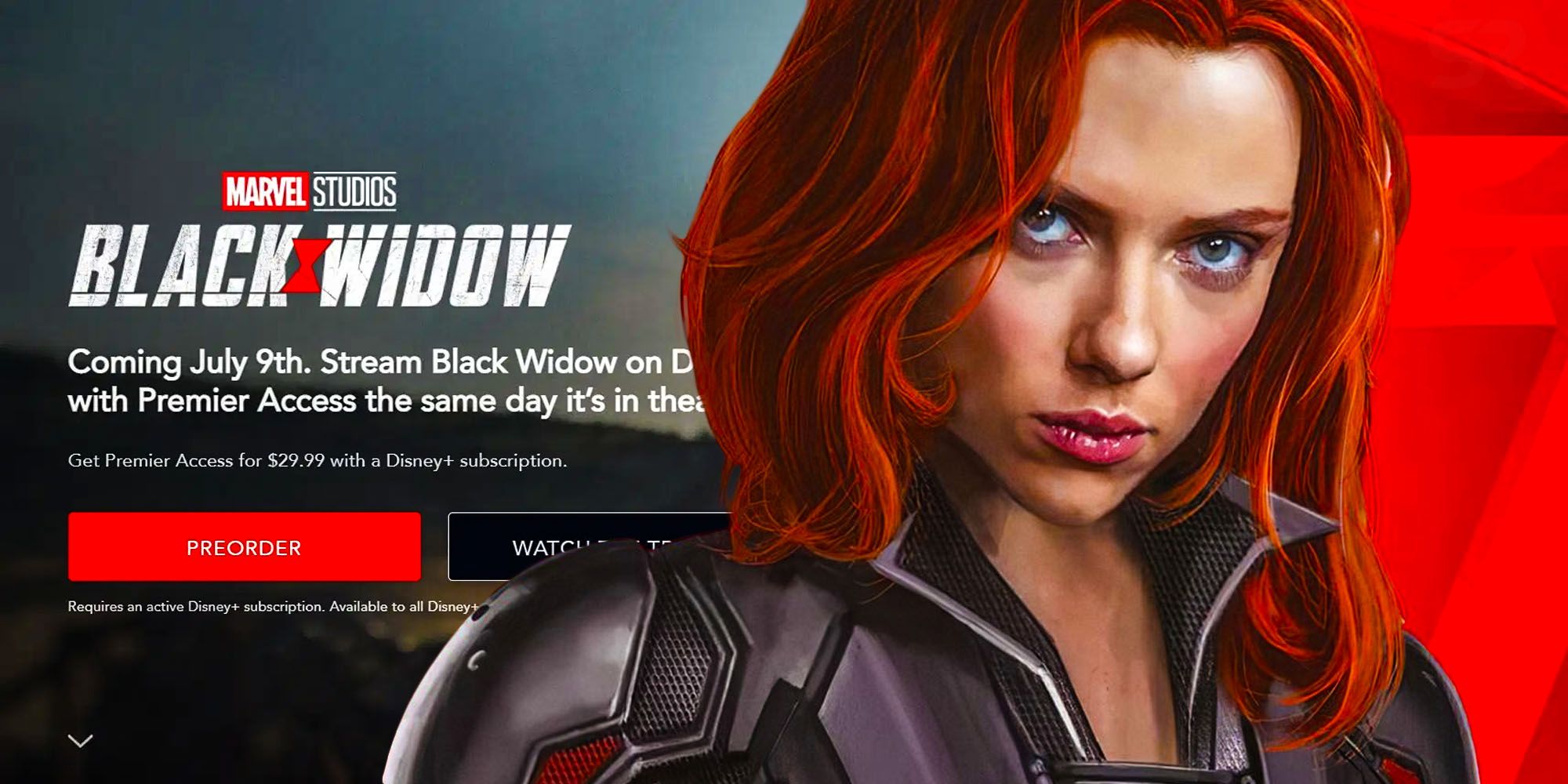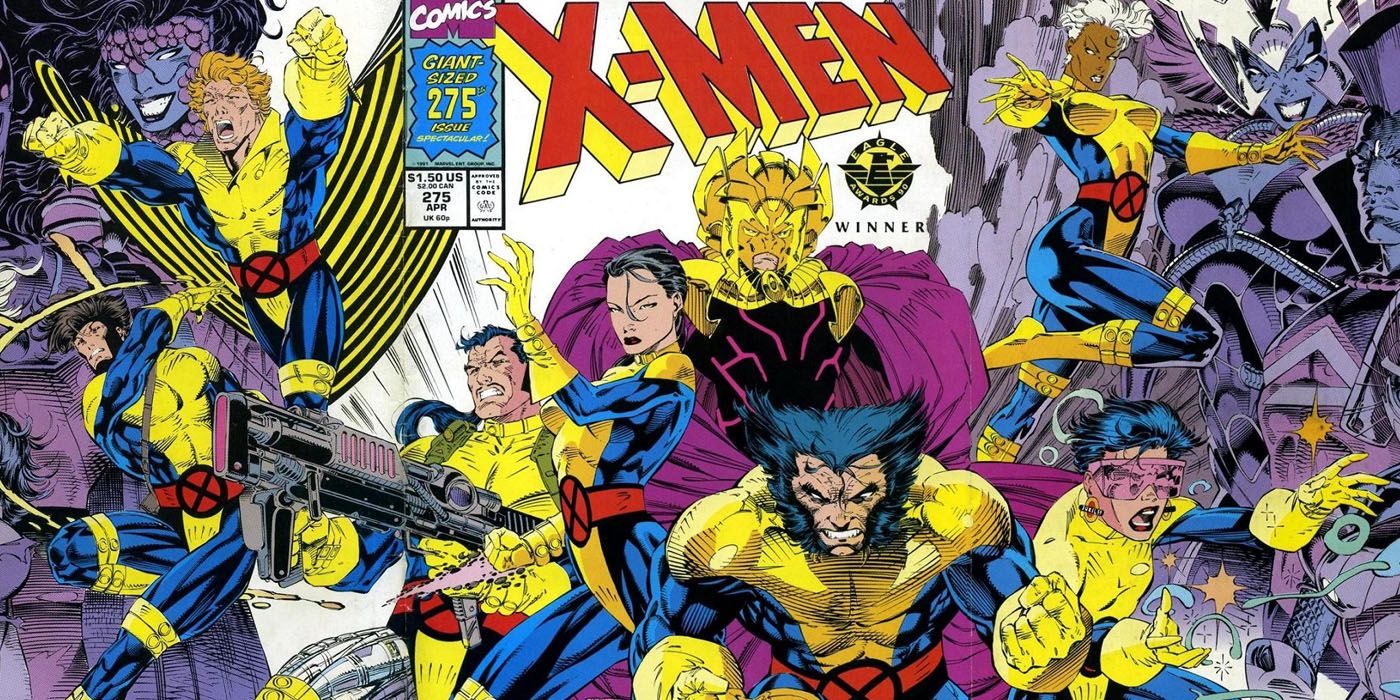
Scarlett Johansson's Black Widow lawsuit echoes Marvel's longest-running controversy. No doubt Disney knew their decision to release Black Widow simultaneously in theaters and on Disney+ would be controversial, but they likely never imagined just how much. Scarlett Johansson is suing Disney over Black Widow's Disney+ release, arguing her salary was tied to the film's box office performance and that the simultaneous streaming release constitutes a breach of contract.
At heart, there's a simple question underpinning this: who gets paid for a superhero success story? It's strikingly similar to long-standing issues faced by writers and artists who work for big comic book publishers under work-for-hire contracts, and are not compensated when their characters and plots get brought to the big screen. That's a problem as old as Marvel Comics itself, with even Jack Kirby - involved in creating the likes of Captain America, the Fantastic Four, Iron Man, and the Eternals - angered by the lack of financial remuneration. More recently, Ed Brubaker, the creator of the Winter Soldier, has admitted he has mixed feelings over the Winter Soldier's success, while prolific author Ta-Nehisi Coates has criticized Marvel for how it often treats creators. But the Johansson situation is also reminiscent of a specific case in the '90s when Marvel Comics' practices cost them dearly, even leading to the creation of a rival publishing company.
Back in the '90s, a group of prolific comic book artists grew dissatisfied with their treatment by Marvel. Rob Liefeld and Todd McFarlane had shot to prominence in recent years with successful runs featuring Spider-Man and X-Force, and they came to believe the best way to change the industry was to conduct a mass exodus from Marvel. In his book Marvel Comics: The Untold Story, Sean Howe notes that Liefeld and McFarlane knew they needed to get a "company man" on board, someone Marvel would never expect to leave them, and they focused on Jim Lee. Lee had grown unhappy with the fact he wasn't getting any money from merchandise sales associated with his art, and when Marvel asked him to fly to New York for an auction of comic book art he was shocked to learn the company wouldn't pay for his wife's airfare. "That's the wrong thing to say to a guy like Jim," McFarlane observed. "Jim does his homework. He knows he's probably brought in $22 million in the last three months... they can't even spring for a $200 plane ticket?" And so, in the end, Lee joined what became known as the X-odus, so named because of its impact on the X-Men line and Marvel's mutants. Like Johansson, these people had enough, and decided to take a stand and left to form Image Comics.

Image Comics still exists today, and it is considered the third of the "Big Three," behind the older, established companies Marvel and DC, who benefit from their shared universes and long history, but still notable. The key difference between Image and those two companies, though, is that creators retain their media rights, meaning they profit from merchandise, tie-ins, and adaptations. Image's most successful franchises include household names such as The Walking Dead and Invincible, giving an idea of their influence in popular culture. Marvel's working practices literally led to the establishment of a new and enduring rival.
Disney's treatment of its talent isn't going to lead to a the birth of a new competitor, but it does risk damaging their reputation, and it is quite possible actors, directors and producers will be a little more wary in their dealings with them going forward. Already other actors are considering follow Johansson's lead - Emma Stone is reportedly contemplating suing Disney over Cruella, for example - meaning this is only going to escalate. The reputational damage and costs to working relationships may well ultimately outweigh the money Disney has made through its dual approach on films like Black Widow.
from ScreenRant - Feed https://ift.tt/3rJ2yVT


0 Comments